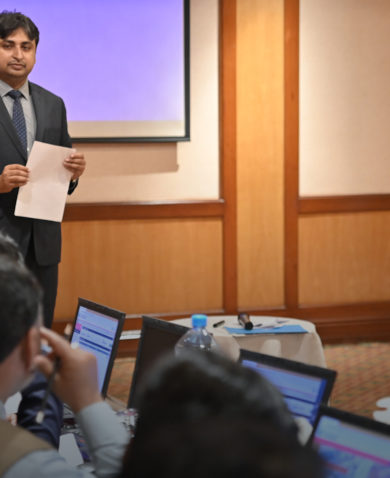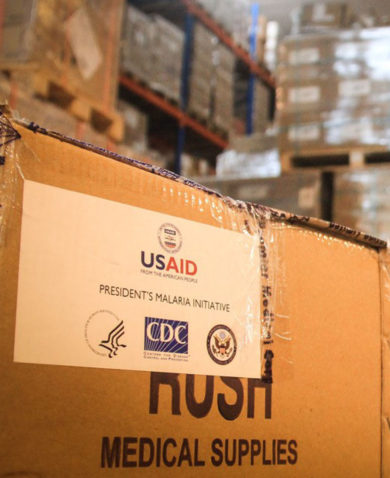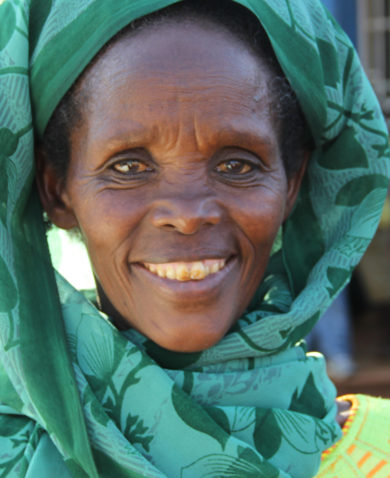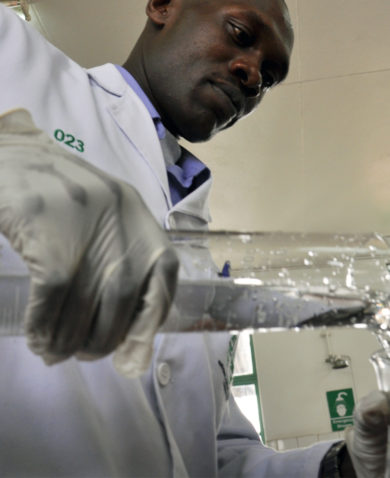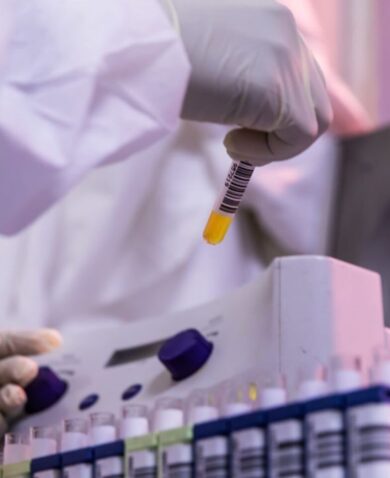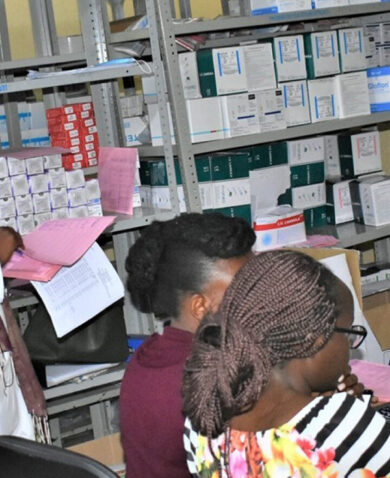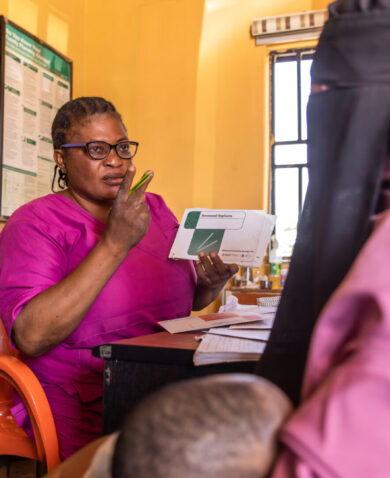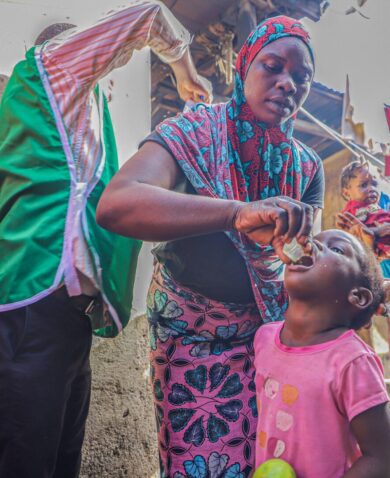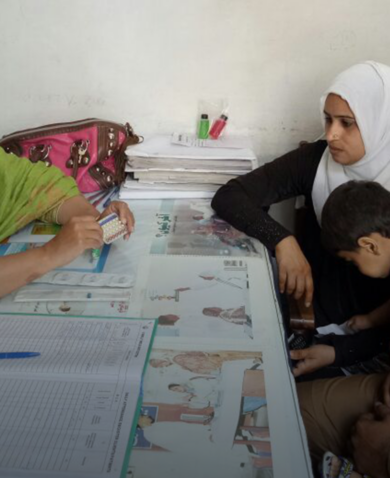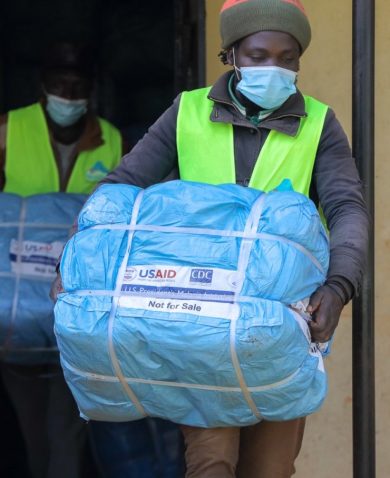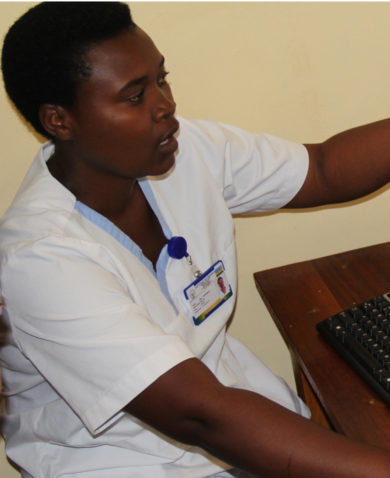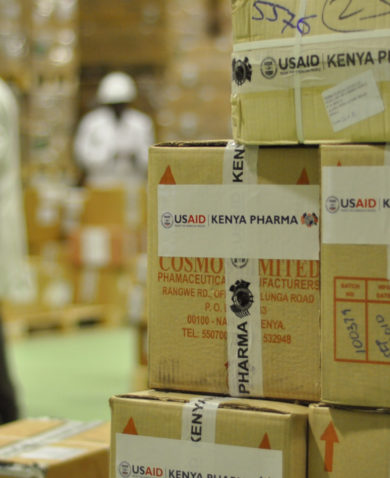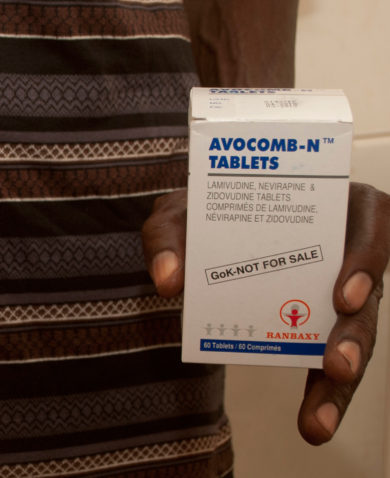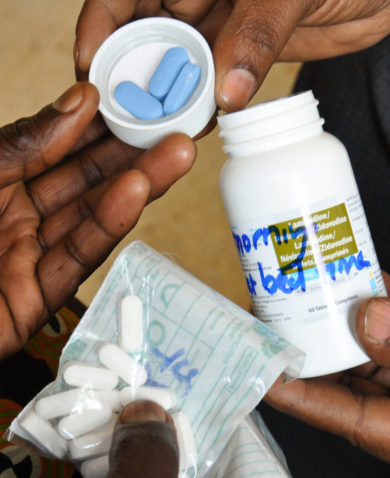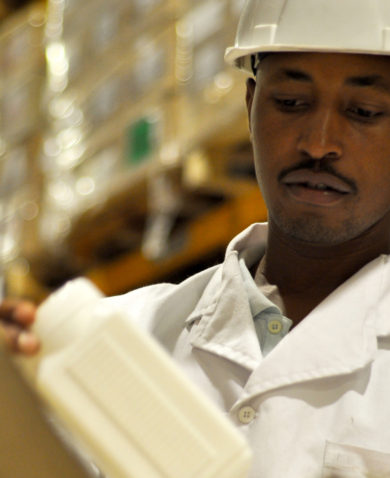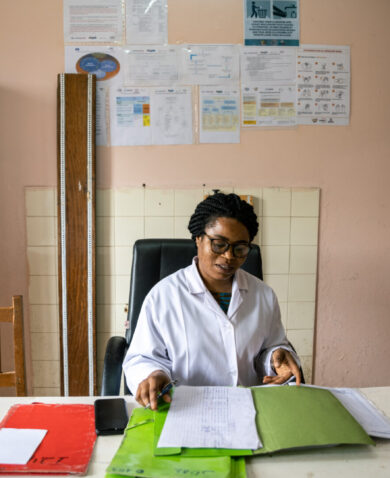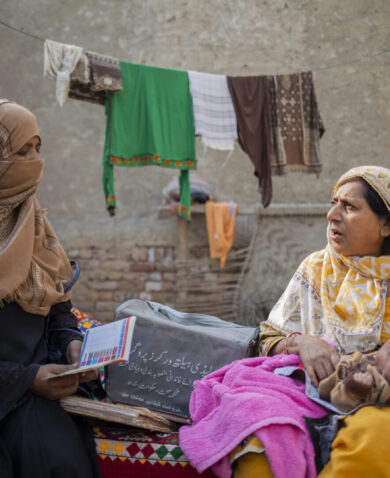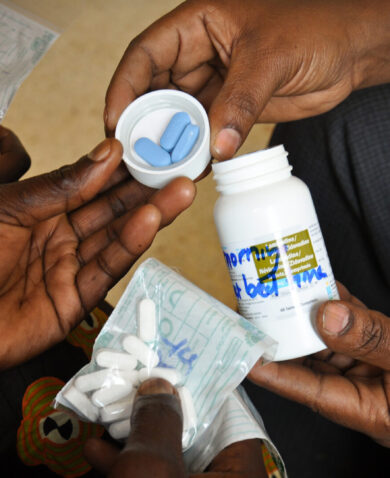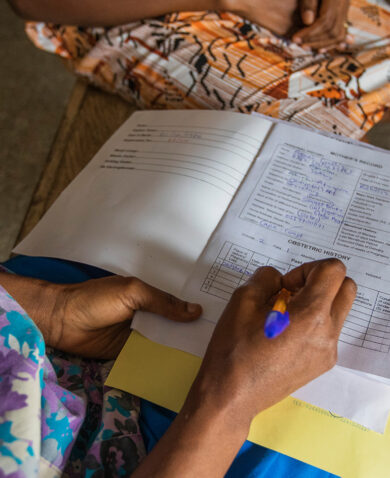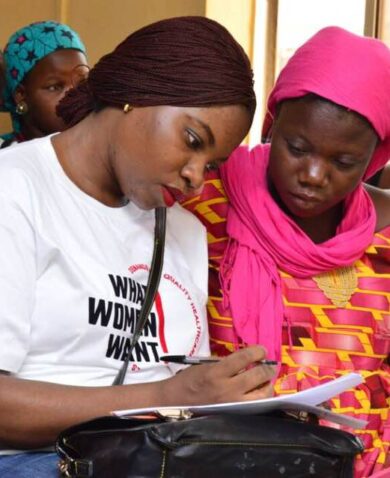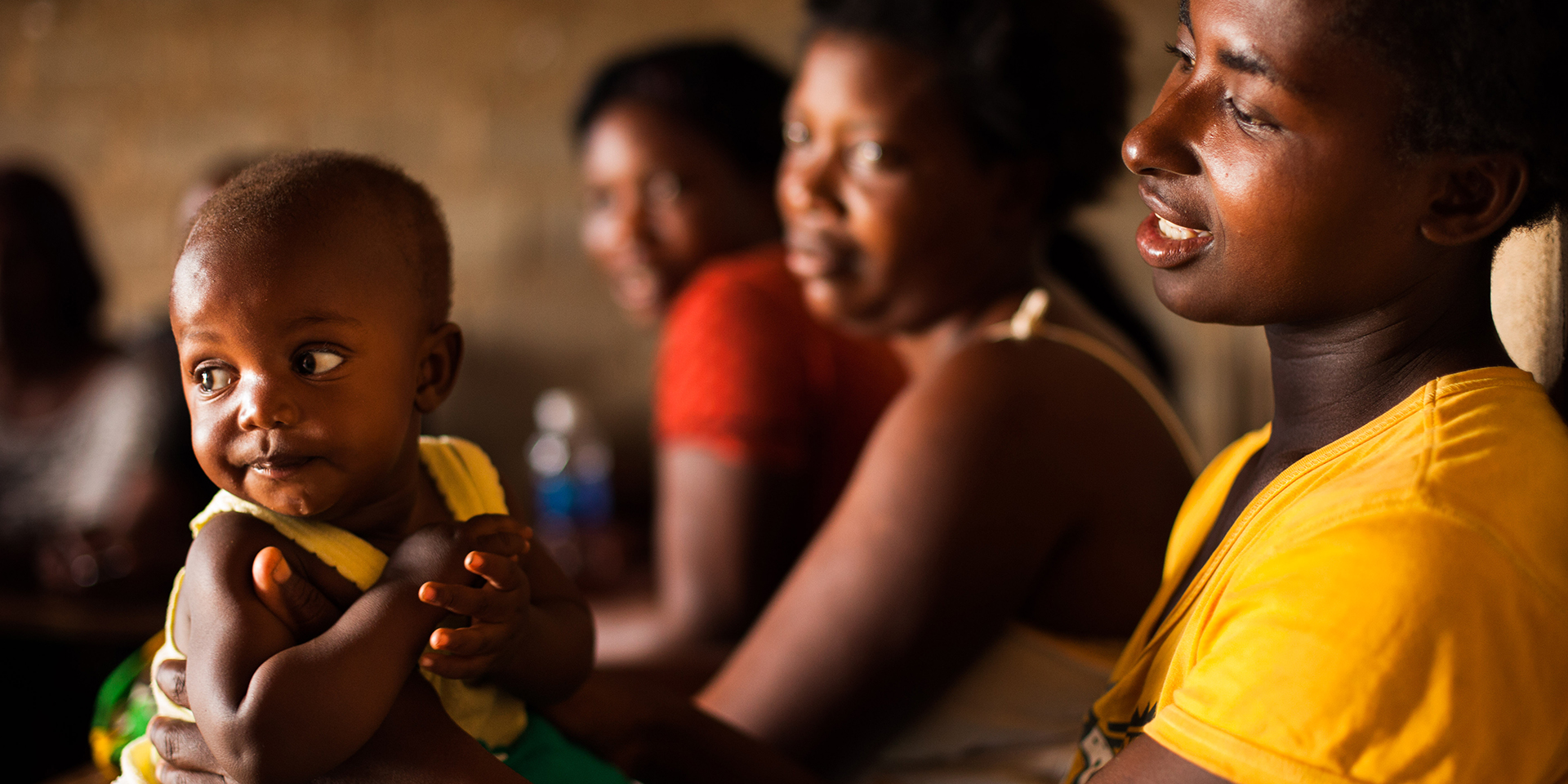
The Next Mother I Meet
August 3, 2016 | 3 Minute ReadChemonics' Rachel Hampshire reflects on her days as a Peace Corps volunteer in Niger and discusses the importance of breastfeeding to sustainable development.
The slender young woman was slumped on the metal chair, her malnourished baby in her arms. “I have no milk,” she said, pulling her breast out of her shirt. “I just give him water because it is so hot.”
As a Peace Corps volunteer in those days, I struggled in my halting Hausa to explain to the mother how important exclusive breastfeeding was for her infant. My counterpart, a Nigerien nurse in our rural clinic outside of Mayahi, perfunctorily squeezed her breast with his gloved hands, producing several droplets of milk before continuing without a word into the next consultation room. The young mother shrugged and let her baby latch and drink before she returned the 8 km to her home village.
Nothing I had said seemed to resonate. I knew she was likely to continue giving water or other liquids to her infant, leaving him susceptible to the myriad diseases claiming young lives in that part of the world.
The theme of this year’s World Breastfeeding Week is about how breastfeeding is a key element in getting us to think about how to value our well-being from the start of life, how to respect each other and care for the world we share. The statistics supporting early initiation of breastfeeding and exclusive breastfeeding have existed for decades.
The Lancet recently presented new evidence on the health and economic benefits of breastfeeding: “Not breastfeeding is associated with lower intelligence and economic losses of about $302 billion annually, or 0.49% of world gross national income. Breastfeeding provides short-term and long-term health, economic and environment advantages to children, women, and society.”
According to the report, breastfeeding could save 820,000 lives annually. This represents 13 percent of all deaths of children under five.
So what is the issue? Why isn’t every mother, like the one I met in Niger, initiating breastfeeding within the first hour of life? Why aren’t all moms exclusively breastfeeding for the first six months? What are the barriers and what are motivating factors?
These are the questions that have not yet been fully answered, and the answers vary by country, community, and individual. It is important to understand them to achieve actionable change for mothers and caregivers that they can adopt and maintain beyond the life of a development project.
As part of the Ending Preventable Child and Maternal Deaths initiative, USAID will support work in 24 high-priority countries, which account for 70 percent of the world’s maternal and child deaths, and half of the unmet need for family planning to improve 10 “accelerator behaviors.” One of these behaviors is “initiate breastfeeding early and exclusively for 6 months.”
Although this is the only accelerator behavior that mentions breastfeeding, improving breastfeeding practices will impact others, such as those related to care seeking for upper respiratory infections and other childhood illnesses. ACCELERATE (2015-2020) will work with USAID missions, among other key actors, to implement high quality accelerator behavior programming and ensure that efforts to support these positive behaviors are integrated into mission health strategies.
In my work, I want nothing more than to encourage individuals, families, and communities to respect each other, their children, and the world we share.
To do this in a way that resonates with people around the world, I need to know the barriers they face and how I, as a program implementer, can reduce or remove them. I need to understand the motivating factors to put their baby to the breast early, to exclusively breastfeed through 6 months, and how our projects can encourage or expand these factors.
I struggled then, and I still struggle now to think about what more I could have said or done back in that rural clinic in Niger to encourage that young woman to exclusively breastfeed her child. Understanding her daily challenges and the deeper context of her situation would have helped me.
It can help the next mother I meet.







